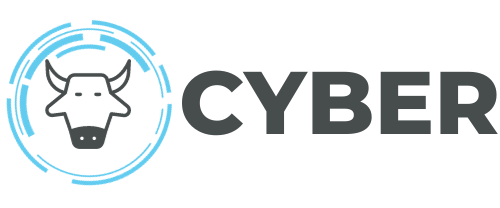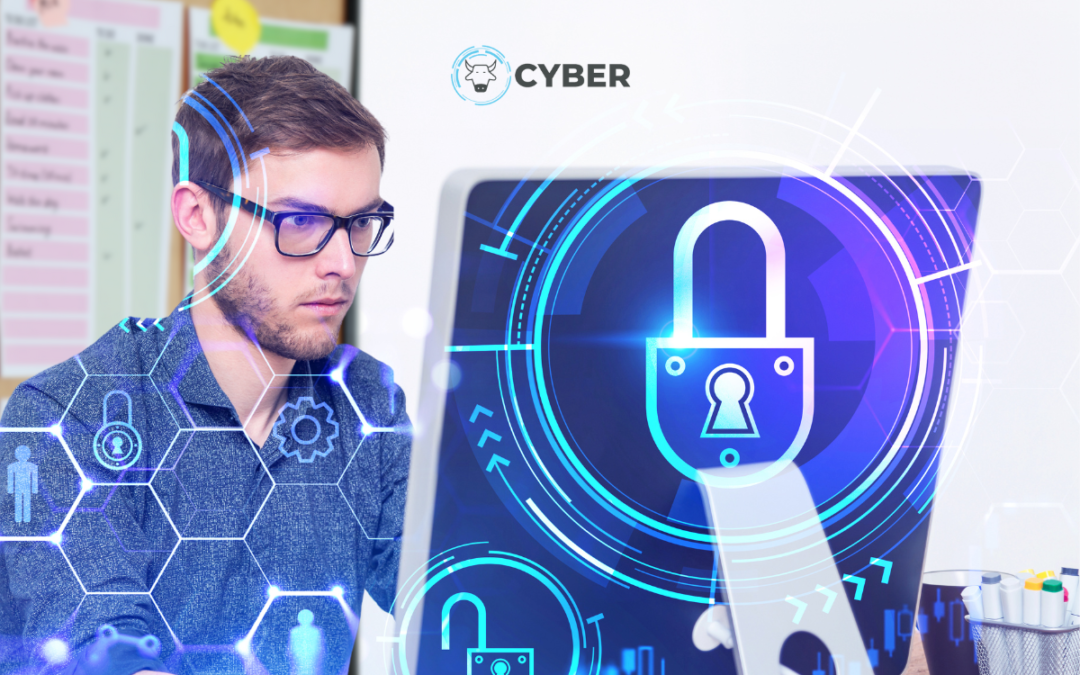A cyber analyst is a digital detective, tirelessly working to safeguard our increasingly interconnected world from cyber threats. Let’s delve into a typical day in the life of this modern-day hero.
Morning Routine
The day begins with a thorough review of security alerts and incident reports. Cyber analysts stay updated on the latest threat intelligence, analysing reports on emerging vulnerabilities and attack techniques. Any incidents that arose overnight require immediate attention and investigation.
Afternoon Shift:
The afternoon is dedicated to proactive security measures. Cyber analysts conduct vulnerability assessments to identify weaknesses in systems and networks. They employ advanced digital forensics techniques to analyse digital evidence, trace the origins of cyberattacks, and gather crucial information for incident response. Penetration testing is another critical task, where analysts simulate attacks to uncover security gaps and strengthen defenses.
Evening Wrap-up:
As the workday winds down, cyber analysts document their findings and recommendations in detailed reports. They collaborate with other security teams, sharing knowledge and best practices to enhance overall security posture. Continuous learning is essential in this rapidly evolving field, so analysts dedicate time to training and certifications to stay ahead of the curve.
Key Skills and Qualifications:
To excel in this demanding role, cyber analysts possess a unique blend of technical skills and problem-solving abilities. A strong understanding of networking, operating systems, and programming languages is crucial. Analytical thinking, attention to detail, and the ability to work under pressure are essential qualities. Effective communication skills are vital for collaborating with diverse teams and conveying complex technical information to non-technical stakeholders. Relevant certifications, such as CompTIA Security+, CISSP, or CISM, further validate expertise and career advancement.
A career in cybersecurity offers a rewarding and challenging path for those passionate about technology and protecting our digital world. Cyber analysts play a pivotal role in safeguarding businesses, governments, and individuals from cyber threats. If you’re drawn to the thrill of the digital frontier and the satisfaction of protecting critical infrastructure, consider a career in cybersecurity.
Want to be part of a vibrant cyber community? Join OxCyber and connect with like-minded professionals. Together, we can shape the future of cybersecurity.

